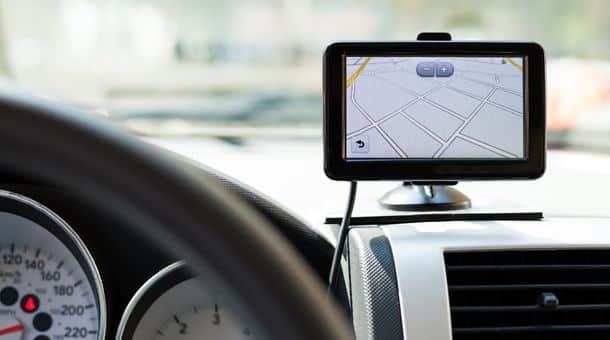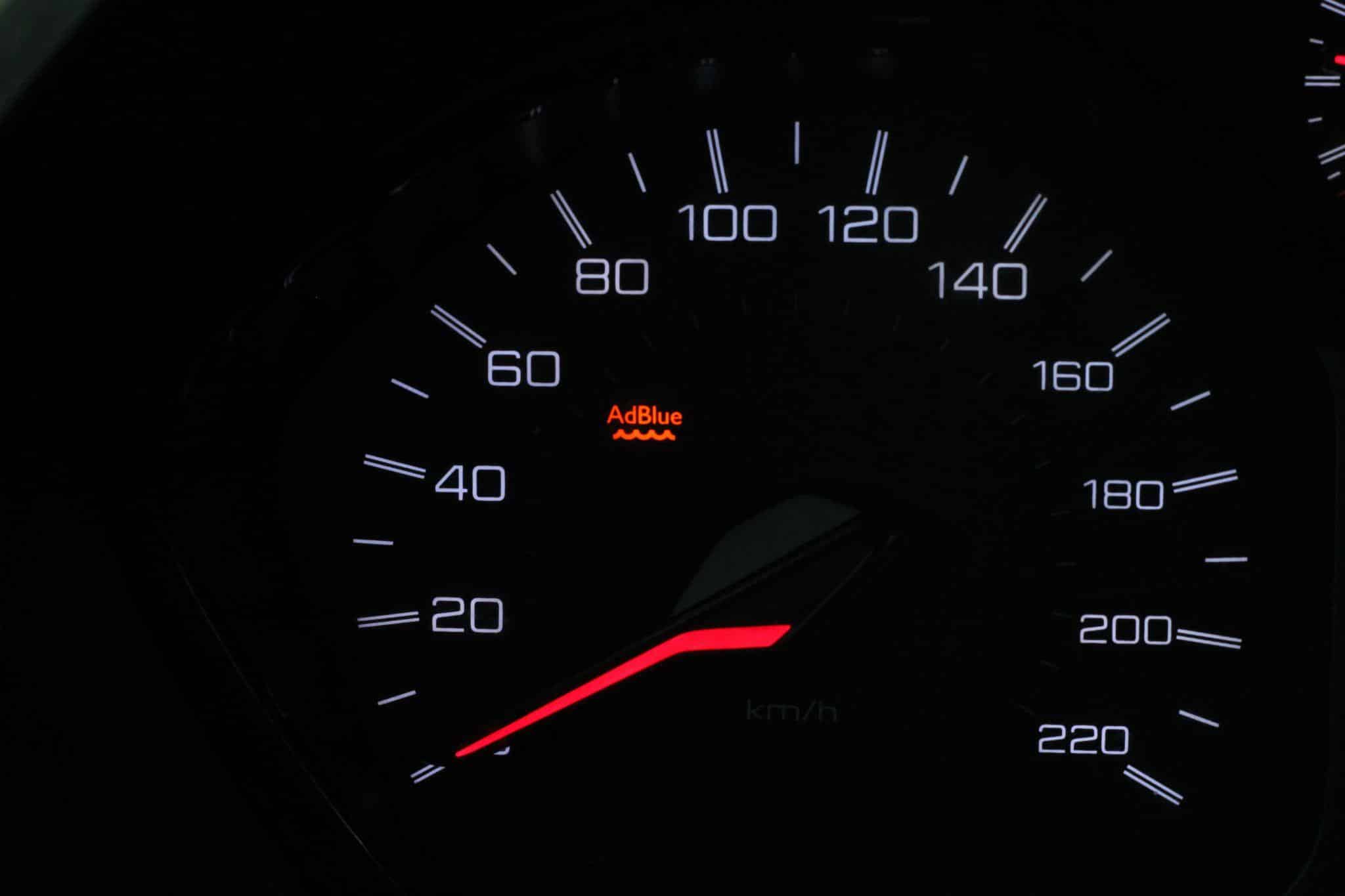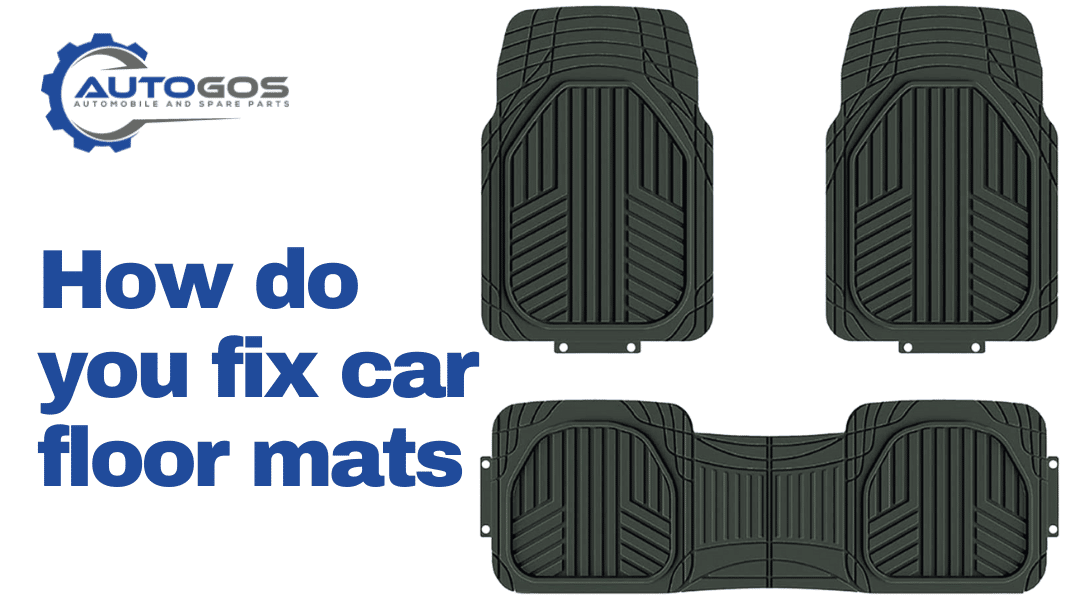This article will discuss the term “Car GPS Trackers” and what they are. Car GPS Trackers and How do they work? The Global Positioning System (GPS) trackers are portable devices that permit fleet administrators, parents, and owners of vehicles to monitor and track their cars and trucks.
In real-time, GPS tracking devices for vehicles offer instant information about speed and location and less costly options that keep this information for future use. With specific GPS vehicle trackers, it is possible to make real-time notifications to sound when a motorist goes over or out of a zone.
What Is a Car GPS Trackers?
If it is the case that theCar GPS Trackers is installed inside a car, it is capable of providing real-time data and historical data. This is accomplished by using the mathematical concept of trilateration.
This helps them identify the current direction of the vehicle, its speed, and the car’s whereabouts, using information from at least four GPS satellites.
While this may seem like an impressive amount of technology, and it’s possible that it could be costly or could be able to take up lots of space inside a car, however, this isn’t the case.
GPS is simply an instrument, and if your smartphone operates it and it is possible to be used on devices that can be incorporated into your vehicle. In reality, the GPS tracking devices that are currently available are small and barely noticeable. They can be fitted within your car swiftly and efficiently.
WHAT DOES A Car GPS TrackersDO?
The GPS tracker requires a device installed inside the vehicle, on an object, or worn by an individual. The device provides data about its precise location and subsequent movements, allowing real-time monitoring.
The GPS tracking device is a tool used by managers of fleets to determine the exact location of a vehicle or asset, report on the traffic conditions, and track the amount of time each vehicle stays on a site.
WHAT IS Car GPS Trackers USED FOR?
Most people know the most popular uses for GPS technology, like surveying and mapping, obtaining directions and keeping track of children. However, there are many more possibilities you never thought of.
GPS plays a crucial role in all kinds of applications used by military personnel and first responders, as for other personal and commercial purposes. Here are a few methods GPS monitoring systems can be employed.
MILITARY USE OF GPS
Initially designed for the use of the military, GPS continues to be used by the military to monitor the movements of troops, aircraft, navigation on the sea, and much more. This is vital for military units stationed in areas that are not well-known or moving during the night.
SEARCH AND RESCUE
GPS tracking is also utilized in rescue and search operations. It aids rescue teams in keeping an eye on where they’ve been or getting information from the lost person’s cell phone or GPS gadget.
GPS VEHICLE TRACKING
Commercial fleets typically utilize GPS tracking devices to track the fleet of vehicles. Through the use of GPS technology on the fleet vehicles, Fleet managers can monitor their drivers’ movements and statuses and also gain important information about the efficiency of their fleet.
These systems of GPS are an essential component in tracking fleet vehicles to track the locations of vehicles in the fleet and their activity as well as to improve safety and efficiency. Furthermore, GPS tracking makes routing and dispatching more precise and simple.
GPS RECREATIONAL USES
Most wearable devices, like biking, running and hiking watches, utilize GPS tracking. It gives users information on the distance they have travelled, speed, and their location in the woods.
With the rise of smartphone usage, most of us have GPS devices to track our movements wherever we travel. The technology is being used to create new methods, ranging from AR (AR) applications to games based on locations. The types of applications that can be used are expected to increase significantly shortly.
GPS tracker benefits for fleets
Fleets that use their GPS tracking tools are typically able to identify benefits in their business operations. For example:
Customer service is improved: By providing live status updates for the fleet, A fleet manager can provide the best customer service by providing a more precise arrival time and finding the nearest driver to make a service call.
Optimized routing: GPS information can assist fleet managers in understanding the road and traffic conditions and send their drivers on more efficient routes
Security of cargo is increased. GPS tracking systems aid in replaying a trip to help fleet managers worried about theft of cargo spot unauthorized travel. Many fleet tracking systems allow the setting up of geofences which can notify the location of a vehicle after it leaves a specific area or has crossed a boundary.
Understanding how drivers behave With the engine control module (ECM) connection, fleets also can track specific driving patterns alerting managers to behaviour that drivers could be instructed on.
Beyond the standard GPS Fleet Trackers, some fleets have been using vehicle video to help improve their fleet management. With the addition of video to your GPS tracking device, fleets can:
Use GPS data and video confirmation to ensure that your items are delivered on time or that services are executed precisely and according to schedule.
How Does GPS Tracking Work?
GPS tracking utilizes a network of satellites to determine the position of a device designed to do this. The basic concept is that GPS trackers use trilateration to determine their status and distance to three GPS satellites. This is the same method used by the car navigation system, whether portable or in-car. system.
The distinction between the GPS tracker and GPS navigation device is that the system can provide the user with your location and driving directions. At the same time, the tracker keeps track of your driving patterns or communicates its position in real-time.
If a tracking GPS device for cars can transmit their location to the world, they generally employ the same technology your smartphone uses for making calls and connecting to the web. So, specific GPS car trackers need the payment of a monthly cost.
Conclusion:
The GPS is based on giving precise information regarding the exact location of the vehicle or that of an individual’s same place. The GPS transmits information via an internet connection via Wi-Fi, cell phones, or radio frequency.
GPS can be described as a global radio-navigation technology that relies on a constellation of 24 satellites and their ground stations. GPS can give live (active) and historical navigation (passive) details of an excursion.
The mini Car GPS Trackers can be described as a global GPS in its positioning (real-time tracker). Its most practical application is, for instance, the tracking of pets or individuals and the security against theft of vehicles such as vehicles, trucks, bicycles or electric bikes. The size of the mini tracker will determine the battery’s lifespan.
GPS tracking apps can connect the GPS tracker and a mobile phone. This GPS tracker connects indirectly to the owner’s phone through an intermediary server.
FAQ About What are Car GPS Tracker and How Do They Work?
Does the Car GPS Trackers function when the car is not in use?
All GPS trackers with wireless connectivity have built-in power, and they work even if they aren’t connected to your vehicle.
What are the best places to hide? Where would you hide a Car GPS Trackers?
Tanks for fuel are a typical place for people to conceal their GPS devices. The wheel wells inside and beneath the rear and front bumpers are also popular hiding spots for GPS devices.
Are thieves able to be able to disable the Car GPS Trackers?
Putting a portable signal jammer in the vehicle of a burglar could be all that is needed to turn off the tracker signal. A thief could employ a handheld radio detector to identify the device that tracks him so he can disable it entirely.
What is the most suitable place to install a Car GPS Trackers?
If you put the tracker within the frame made of metal on the car, whether on the driver or the passenger side, it will transmit a GPS signal that will likely bounce off roads and become visible to the tracker. If you place it correctly, under the car is the most effective all-around secure method to establish an electronic tracker.





